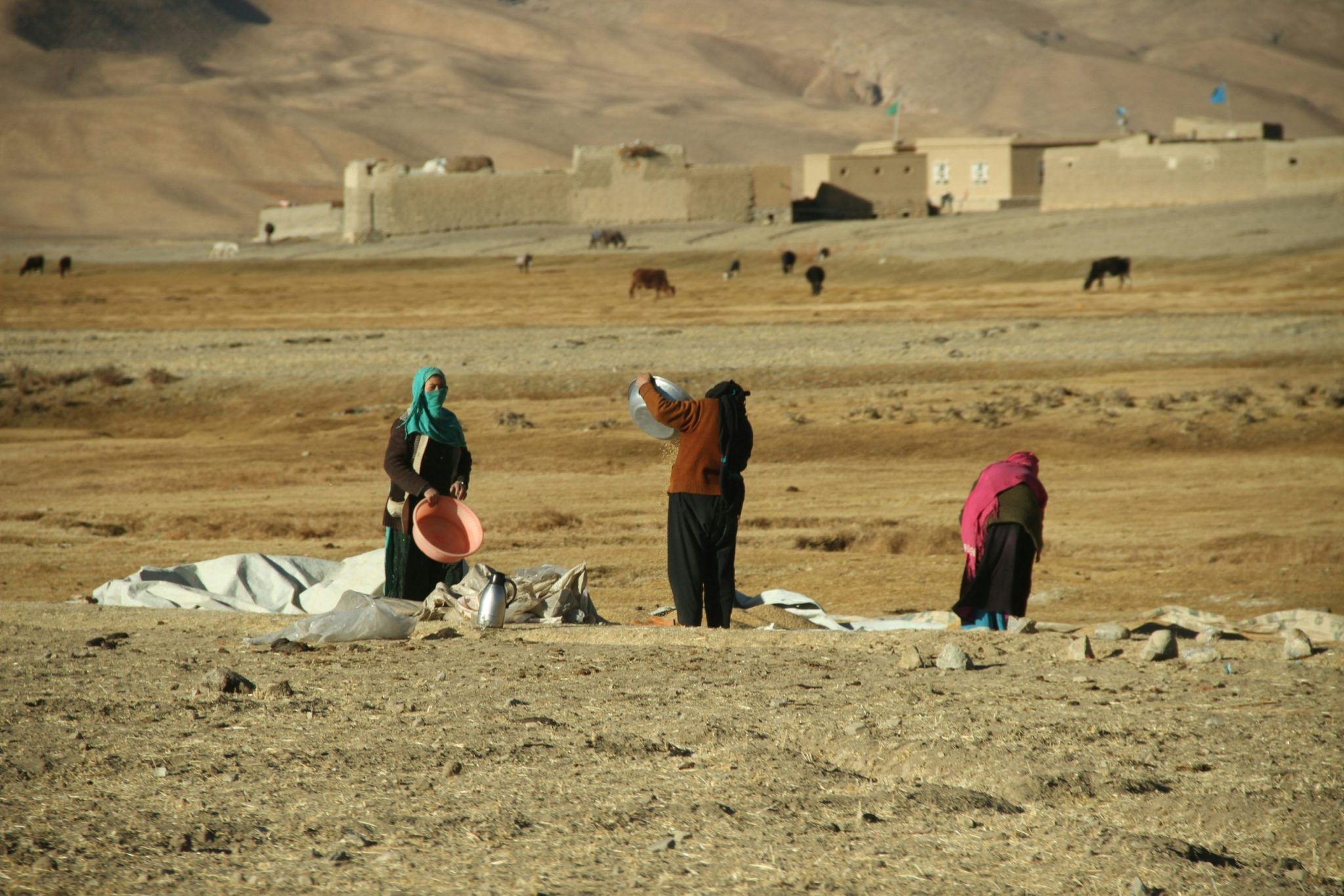Eastern Afghanistan has continued to reel with aftershocks since a 6.0-magnitude quake struck August 31. The death toll surpassed 2,200 last week and is expected to rise as recovery work continues.
But for local women, the quake is only one crisis among many. Since the Taliban took over Afghanistan four years ago, the militant group has tightened restrictions on women’s travel, education, employment, and even the use of their voices. The UN reports that these abuses of women’s rights are being normalized.
Recently, Nehemiah* with FMI heard directly from Afghan pastors about the social boycott women are enduring: “Many women feel trapped, silenced and powerless. This isolation has further increased levels of depression, anxiety and hopelessness among women, while also placing immense pressure [on] families who relied on women’s income.”
Yet in places of despair, the light of the gospel shines. It just has to be shared carefully. In Afghanistan and similar cultures, a man may only speak with a woman if they are related.
“In many cases, FMI’s pastors, their wives are the ones who go and talk to these deprived women who [do not find] hope in [the] Taliban system, but they find hope in Jesus Christ,” says Nehemiah. “This is the only channel we have at the moment where women feel connected and encouraged.”
Recently, one pastor’s wife showed the Jesus Film to a dozen women. Pray that many more will know the hope of Christ!
“Pray for FMI partners in Afghanistan and their wives, who are really struggling and [who] put their life on [the] line every day,” says Nehemiah.
“Pray for their safety, their wisdom. [Ask] God [to] open avenues and doors for these pastors and their wives so they can connect with other Afghan families, women, children, so they can do ministry.”
---
This story originally appeared at Mission Network News and is republished here with permission.
